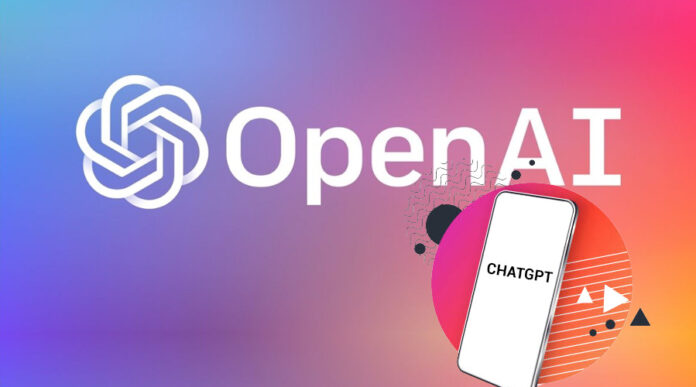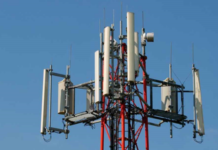The Role of AI in Content Creation: Good or Bad?
By Maymunah Abdulwahab
Artificial intelligence (AI) is reshaping alot of industries and the content creation landscape is not left out from generating of graphics to creating of writing and composing music AI has upgraded from being a small assistant to now a sophisticated creator an as we explore more into the role of AI in content creation it is important to understand and know how it impacts the ways content is produced and the implications it holds for the creators
AI in Written Content Creation
AI tools are now capable of producing high-quality written content on a different topics These AI systems are used to generate articles, blogs, product descriptions, and even creative fiction. Platforms such as Jasper, Copy.ai, and Writesonic utilize these language models to assist content creators in writing drafts, summarizing information, and enhancing creativity.
While AI’s ability to generate an written content has introduced efficiency and effectivey work it also brings concern in the world of content generation lowers the ability for people to think and produce written work, words it also leads to a in low-quality or even misleading information which it is not good Moreover, there are questions about authenticity and originality when it comes to AI-generated content how do readers distinguish between human and machine generated text?
AI in Visual Content Creation
The visual content space has also seen significant advances with the help of AI. Tools like DALL-E, Midjourney, and Stable Diffusion can create stunning images from textual descriptions. AI-generated visuals are increasingly being used in marketing, advertising, and creative projects, allowing creators to bring their concepts to life in ways that would have been time consuming or impossible without the technology which is
AI in visual content creation is not only about generating new art but also enhancing and editing existing images or art the Applications such as Adobe’s Sensei and Luminar use AI to make photo editing natural and easy to understand allowing non professional to achieve professional results with just minimal effort howeverwith these capabilities come a bigger concerns such as the potential for deepfakes or the use of AI-generated art that may violate the rule and law
on the work of human artists
AI in Audio Content Creation
in audio content has grown
widely like transforming a music and podcasting industries. AI music generators like Amper Music, AIVA, and OpenAI’s MuseNet can compose music tracks based on given limitations starting from background scores for videos to full mature compositions AI voice generators are also being used to produce realistic voiceovers allowing content creators to generate narrations without needing professional voice human
These ideas reduce costs and open up creative possibilities for those with limited resources, but they also introduce questions For instance, the use of AIgenerated voices could lead to impersonations or unauthorized replications of famous voices, creating challenges for copyright and intellectual property rights. Additionally, the debate over whether AI-generated music can be considered as an original art make it hard for creators.
Implications for Content Creators
AI has brought a paradigm shift in content creation by making it more accessible, scalable, and efficient. For creators, AI tools can help in workflows, reduce repetitive tasks, and provide inspiration during creative blocks. Writers can use AI in assisting them to with idea generation, artists can use it to visualize their concepts, and musicians can quickly prototype new tracks.
However, the growing role of AI also means creators must adapt to a rapidly changing landscape. The ease of generating content has increased competition and lowering the value of human made content originality and authenticity are now more prized and valued than ever as audiences seek content that offers genuine human connection and authenticity
Moreover, the ethical considerations concerning AI content creation demand that creators stay informed and responsible in their use of these technologies Ensuring transparency such as disclosing when content is AI generated and respecting intellectual property are the key points to maintaining trust with audiences
In conclusion AI’s powers on content creation is undeniable. It offers incredible opportunities to enhance productivity, expand creativity, and democratize the creation process. However, it also presents challenges regarding quality, ethics, and the value of human input. As AI continues to advance content creators will need to strike a balance between using these tools and serving the authenticity and originality that make their work truly unique and original
Maymunah.U. Abdulwahab is an intern at PRNigeria and a student of Ahmadu Bello University Zaria She can be reached via [email protected]
















